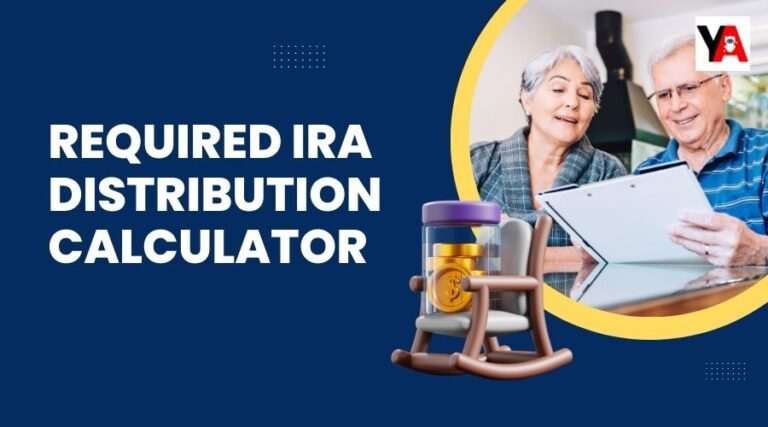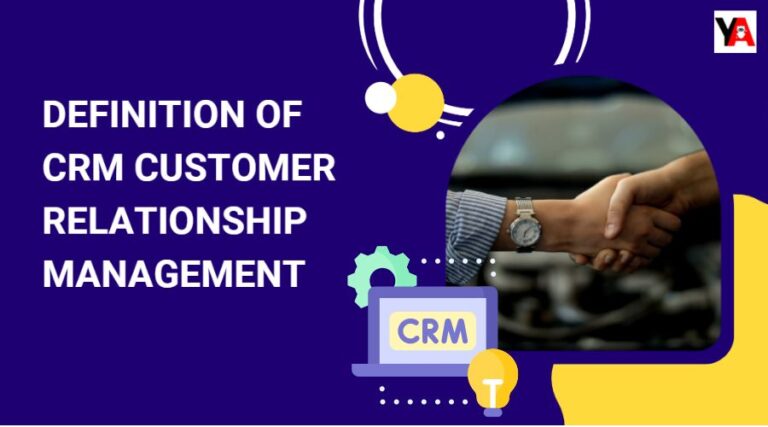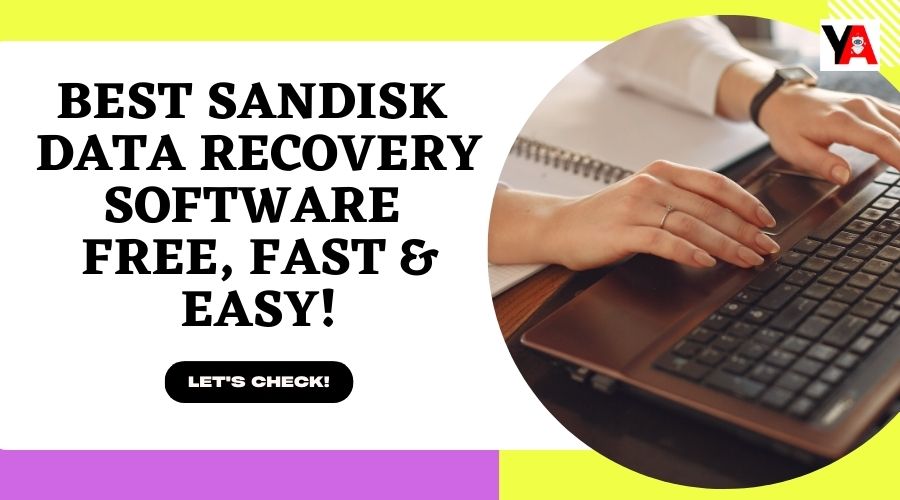In the fast-paced world of law firms, efficient task management is vital to ensure smooth operations and client satisfaction. With the increasing complexity of legal cases and the need for collaboration among team members, traditional methods of task management no longer suffice.Thankfully, technological developments have led to creative solutions, such law firm task management software. In this blog post, we will delve into the intricacies of this software, its benefits, features, and how it can transform the way legal professionals handle their day-to-day tasks.
Table of Contents
ToggleUnderstanding Law Firm Task Management Software
A. Definition and Scope
Law firm task management software is a specialized digital tool designed to help legal professionals organize, track, and streamline their tasks and workflows. It provides a centralized platform where tasks, deadlines, documents, and team communications can be efficiently managed, enhancing collaboration and productivity.
B. Key Features and Functionality
1. Task Assignment and Tracking:
The law firm management system provides supervisors with a robust set of tools to effectively assign tasks to specific team members, establish clear deadlines, and meticulously track the progress of each assignment.
By leveraging these features, supervisors can ensure that every team member knows their responsibilities and the expected timelines, fostering a sense of accountability and transparency within the firm.
This streamlined approach to task management not only enhances productivity but also facilitates effective delegation and resource allocation, ultimately leading to improved workflow efficiency and better overall outcomes.
2. Document Management
Legal professionals deal with an extensive array of documents, making efficient document management an indispensable aspect of their practice.
The law firm task management software offers comprehensive document management capabilities that empower legal practitioners to securely store, organize, and retrieve their files.
With robust security measures in place, including data encryption and user access controls, the software provides a safe and centralized repository for legal documents.
Additionally, it incorporates version control functionality, ensuring that all modifications and updates are accurately tracked, enabling practitioners to maintain an audit trail of document revisions.
This feature-rich software not only streamlines document collaboration among team members but also minimizes the risk of information loss, increasing overall efficiency and bolstering data integrity.
3. Deadline Management:
Meeting deadlines is of paramount importance in the legal field, as missing critical deadlines can have serious legal repercussions and jeopardize client satisfaction.
The law firm task management software addresses this challenge by equipping legal professionals with a robust set of deadline management tools.
Users can set reminders and receive notifications, enabling them to stay on top of their workload and ensure that important deadlines are never overlooked.
By proactively managing deadlines, legal practitioners can effectively allocate their time and resources, maintain client trust, and mitigate any potential legal risks.
This feature boosts individual productivity while also improving the company’s overall effectiveness and success.
4. Time Tracking and Billing:
Efficient timekeeping and accurate billing are essential components of legal practice. The law firm task management software seamlessly integrates with time-tracking and billing systems, streamlining these processes and reducing administrative burdens.
Legal professionals can easily track their time spent on specific tasks, projects, or clients, ensuring accurate and comprehensive records.
This not only makes accurate billing possible but also enables businesses to examine resource allocation, spot inefficient areas, and make wise decisions to streamline their operation.
By automating time tracking and billing processes, the software eliminates manual data entry errors, improves billing accuracy, and ultimately enhances financial management for both the firm and its clients.
5. Communication and Collaboration:
Effective communication and seamless collaboration are vital in the fast-paced and dynamic legal environment. The law firm task management software provides a comprehensive suite of communication and collaboration features that facilitate efficient information sharing, updates, and feedback among team members.
Through the software, legal professionals can utilize dedicated channels for internal communication, fostering teamwork and synergy.
This enables the quick exchange of information, documents, and ideas, eliminating the need for cumbersome email threads and enhancing overall productivity.
Additionally, the software may offer real-time collaboration features, such as shared document editing and commenting, enabling teams to collaborate seamlessly on legal documents, contracts, or briefs.
By fostering effective communication and collaboration, the software promotes a cohesive work environment, streamlines decision-making processes, and facilitates the efficient delivery of legal services.
C. Integration with Existing Systems
Law firm task management software can integrate with existing systems such as document management systems, customer relationship management (CRM) software, and billing systems. This integration streamlines workflows, eliminates duplication of effort, and enhances data accuracy.
Benefits of Law Firm Task Management Software
A. Enhanced Organization and Efficiency
Law firm task management software brings order to chaos. It allows legal professionals to organize their tasks, documents, and deadlines in one central location, reducing the risk of mismanagement or oversight.
This streamlines workflows improves efficiency, and enables better allocation of resources.
B. Improved Collaboration and Communication
Effective collaboration is crucial in the legal field. Task management software facilitates seamless communication and collaboration among team members, promoting knowledge sharing, reducing miscommunication, and fostering a culture of teamwork.
C. Increased Accountability and Transparency
Task assignment and tracking features in law firm task management software promote accountability and transparency within the firm. Team members can easily view their assigned tasks, deadlines, and progress, ensuring everyone is aware of their responsibilities and facilitating a culture of accountability.
D. Time and Cost Savings
Automated features, such as document management and time tracking, save significant time for legal professionals. By reducing manual administrative tasks, the software allows lawyers to focus more on substantive legal work, leading to increased productivity and cost savings for the firm.
E. Enhanced Client Service
Law firm task management software enables lawyers to provide better client service. By ensuring deadlines are met, documents are organized, and communication is efficient, the software helps build stronger client relationships and instill trust.
Choosing the Right Law Firm Task Management Software
A. Identifying Firm Requirements
Before selecting task management software, law firms should assess their specific needs, considering factors such as firm size, practice areas, and existing technology infrastructure. This evaluation will help identify essential features and functionalities required to meet the firm’s goals.
B. Software Evaluation Criteria
When evaluating task management software options, law firms should consider factors such as ease of use, scalability, security measures, integration capabilities, customer support, and cost.
It is important to conduct thorough research, read user reviews, and even request demos or trials to make an informed decision.
C. Popular Task Management Software for Law Firms
There are several solutions for task management software that are tailored expressly for legal companies. Notable examples include Clio, MyCase, PracticePanther, and Trello, among others. Each software has its unique features and strengths, so it is important to evaluate them based on the firm’s specific requirements.
Implementation and Best Practices
A. Planning and Implementation Strategy
Implementing a new task management software requires careful planning. Law firms should involve key stakeholders, provide comprehensive training, and establish clear protocols for its use.
Migration of existing data and documents should also be handled diligently to ensure a smooth transition.
B. User Adoption and Training
Successful adoption of task management software relies on user buy-in and proper training. Providing comprehensive training sessions, tutorials, and ongoing support will help familiarize staff with the software’s features and promote its effective use.
C. Regular Evaluation and Optimization
Law firms should regularly evaluate the software’s performance, seeking feedback from users and assessing whether it meets the firm’s goals. The program is continuously optimized to keep up with changing requirements and technological breakthroughs.
Final Words
Law firm task management software has become an indispensable tool in modern legal practice. Its ability to streamline workflows, enhance collaboration, and improve efficiency enables legal professionals to focus on delivering quality legal services. By adopting the right software and implementing best practices, law firms can revolutionize their task management processes and achieve better outcomes for both their clients and their business.
As the legal industry continues to evolve, embracing technology such as task management software will be crucial for law firms seeking to stay ahead in an increasingly competitive landscape.
Frequently Asked Questions
Legal task management software refers to specialized software designed to help legal teams organize, track, and manage their tasks and projects efficiently. It provides features such as task assignment, deadline tracking, collaboration tools, and reporting capabilities tailored specifically to the needs of legal professionals.
Legal task management software is specifically designed for the unique requirements of legal projects. It offers features and functionalities that cater to the specific needs of legal teams, such as legal project templates, document management, integration with legal practice management software, and support for legal project workflows.
A legal project manager is a professional who oversees and manages legal projects within a law firm or legal department. They are responsible for coordinating resources, setting project goals, ensuring deadlines are met, and monitoring the progress of legal projects.
Legal project managers often use legal project management software to streamline their workflow and improve project efficiency.
Legal task management software focuses specifically on managing tasks and projects within a legal context. It provides features like task tracking, deadline management, collaboration tools, and project templates.
On the other hand, legal management software or practice management software offers a more comprehensive solution, covering various aspects of the law firm or legal department management, including time tracking, billing, document management, client management, and more.









